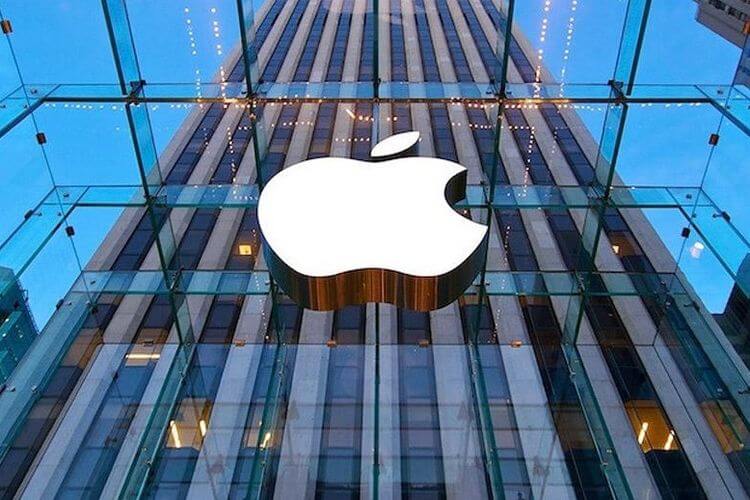
Teknoku.me – Corellium, the cybersecurity company that created the virtual iPhone, won a lawsuit over alleged copyright infringement by Apple.
The judge in the case decided that this virtual iPhone creation made by Corellium was not copyright infringement because the defendant did not create a competing product for Apple consumers.
Instead, this Corellium clone iPhone is designed to help improve security for all iPhone users, as well as a research tool for a small number of customers.
The ruling was issued by federal judge Rodney Smith in Florida, USA recently over a lawsuit filed by Apple against Corellium in August 2019.
Apple is known to have filed two lawsuits against Corellium. First is the matter of copyright infringement because Corellium creates a virtual iPhone. This lawsuit has been rejected by the court.
Second, Apple also sued Corellium to violate the Digital Millennium Copyright Act (DMCA) for circumventing Apple’s security measures to clone the iPhone. For this lawsuit, the federal judge has yet to give his decision.
This virtual iPhone made by Corellium allows users to run the default iPhone operating system, iOS, virtually in a browser, without the need to use a physical cellphone.
That way, security researchers can run iPhone simulations and look for possible bugs and security holes in these Apple products.
The operation of this virtual device can also be paused, so that researchers can see any bugs or security holes that appear in detail regarding their exact status or location at a particular moment, as compiled from TechCrunch.
Apple itself has not yet responded to the court’s ruling on one of its claims against Corellium.
Besides, between January 2018 and summer 2018, the two sides were involved in discussions about Apple’s potential acquisition of Corellium.
During that time, the two parties met in person and by telephone. Corellium explains to Apple the technology behind Corellium products and how they work and discusses the Corellium business and intentions to commercialize Corellium products.
The plan, if Apple succeeds in acquiring Corellium, the product will be used internally for testing and validation of system weaknesses and functions of Apple devices.
Unfortunately, the discussion stopped. Apple then sued Corellium in August 2019. Apple argued that Corellium products could be dangerous if they fell into the wrong hands because of the security flaws found that could later be used to hack iPhones.